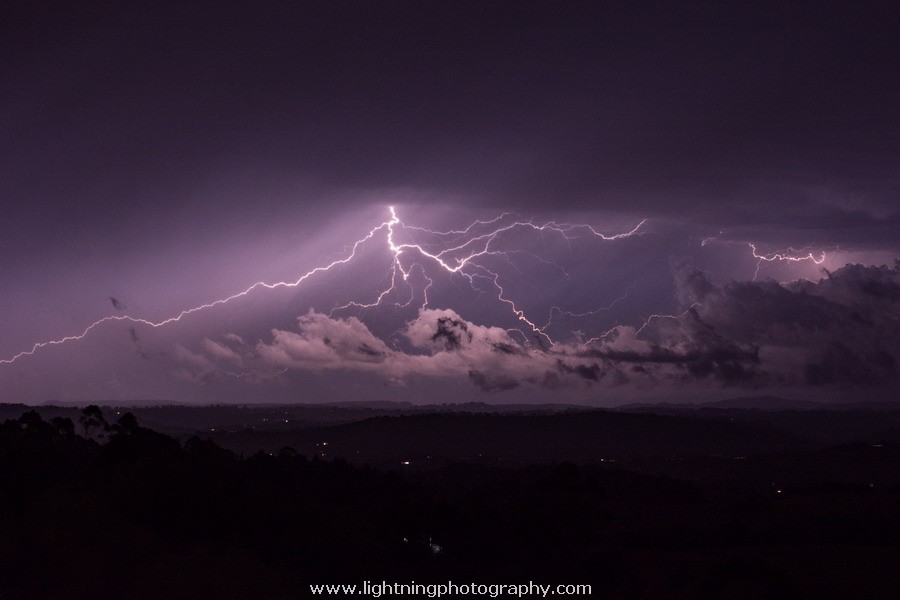

The scholarly research I discovered seems to indicate that there are many competing theories of binomial construction which successfully predict binomial formation at high rates, and which appear to contribute to a complex hierarchical web of interacting causes. Constraints based on how the words are formed in the mouth and "roll off the tongue," or how they sound, are valid as well but in no way are mutually exclusive to semantic precedence.Īmusingly, the explanation for the downvote on this answer (and my motivation to take time out for the Internet searching) was the assertion that my response above is merely a theory and an assertion that the ordering was based on "how the words scan" is a fact. The semantic constraints mentioned are precedence hierarchies based on meanings of the terms in the binomial. Where semantic, phonological, and frequency factors are also relevant. We expect that a similar relationship might be found among theseĭifferent levels of grammar in phenomena other than binomial formation Over metrical constraints, and metrical over frequency constraints. The main trend we found in our data was the prominence of semantic Phonological factors that have traditionally been consideredĬutting to the summary of the study, the authors write: Show that a number of semantic, metrical, and frequency constraintsĬontribute significantly to ordering preferences, overshadowing the The most helpful document I found was The Chicken or the Egg? A Probabilistic Analysis of English Binomials by Benor and Levy which was most enlightening:īased on an analysis of 692 binomial tokens from on-line corpora, we Thanks to a downvote on this answer, other responses, and subsequent discussion in the comments, I was inspired to so a little research on this and learned a lot. Thankfully.Īlthough a previous answer quotes from the Bible as a possible source of this word pattern, the differential in how these are experienced may account for the ordering of the phrase in the bible and elsewhere rather than it being happenstance. It's very common to feel vibrations of thunder, much less so to feel lightning. However, that occurrence is extremely rare in comparison. These generalizations hold true unless of course the lightning strikes you or close to you. It can roll on, reverberate, echo, and outlast the visible lightning by many seconds. Lightning is instantaneous whereas thunder has stamina.Lightning is perceived visibly whereas thunder is both heard and felt.Thunder carries long distances, around corners, and penetrates most obstacles. Lightning is line-of-sight, decreases substantially with reflection, and can be completely obscured by clouds, forest canopy, your roof, etc.To the preceding answers I would add that between thunder and lightning, the thunder is the more substantial. Thunder (feminine plural) and "vrakim" is lightning (masculine It was "thunders and lightnings" in the original Hebrew, too. To complete the answer, let's add pertinent finding: The first translation from Greek to Latin was the Vulgate by St. The Hebraic Bible was translated to Greek in the 3rd century BC. Exodus being a part of the Old Testament, the origin of the text is probably Hebrew. We may imagine that today expression thunder and lightning is related to this bible sentence.ĮDIT: The whole New Testament was initially written in Greek, whilst the vast majority of the Old Testament was written in Hebrew. The literal translation of " audiri tonitrua ac micare fulgura" is " hear thunder and see lightning" in this precise (chronologically erroneous) order. On the morning of the third day there was thunder and lightning, withĪ thick cloud over the mountain, and a very loud trumpet blast. Iam advenerat tertius dies et mane inclaruerat et ecce coeperuntĪudiri tonitrua ac micare fulgura et nubes densissima operire montemĬlangorque bucinae vehementius perstrepebat timuit populus qui erat inĪ widespread translation in the English Bible is: In the Latin bible, it is written in Exodus 19:16-25:


 0 kommentar(er)
0 kommentar(er)
